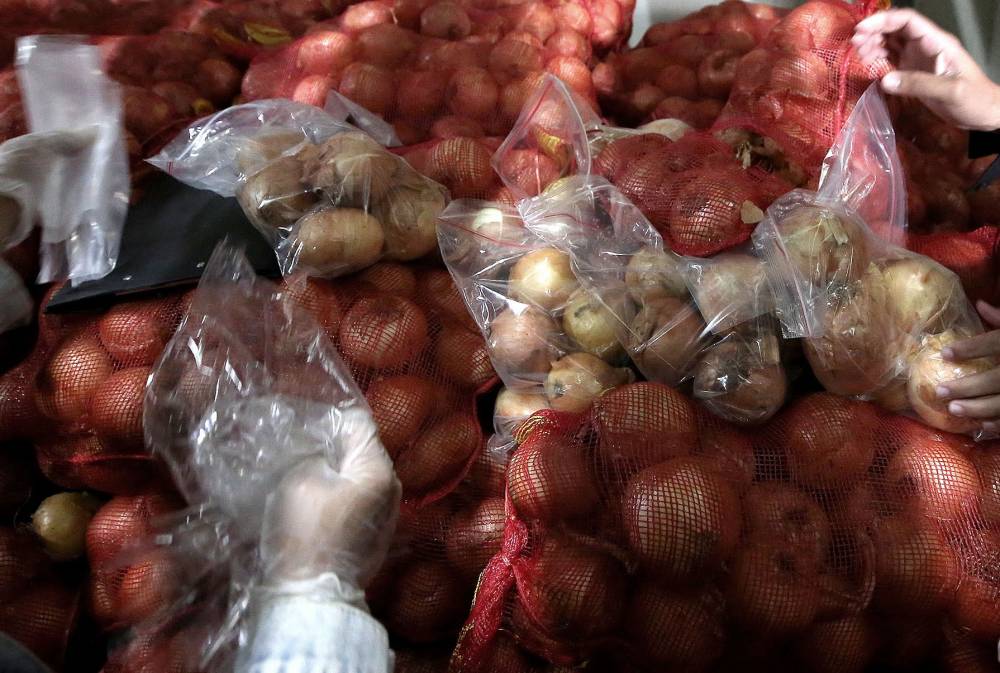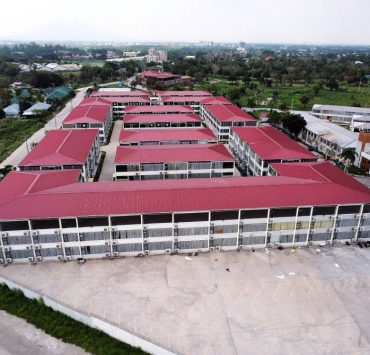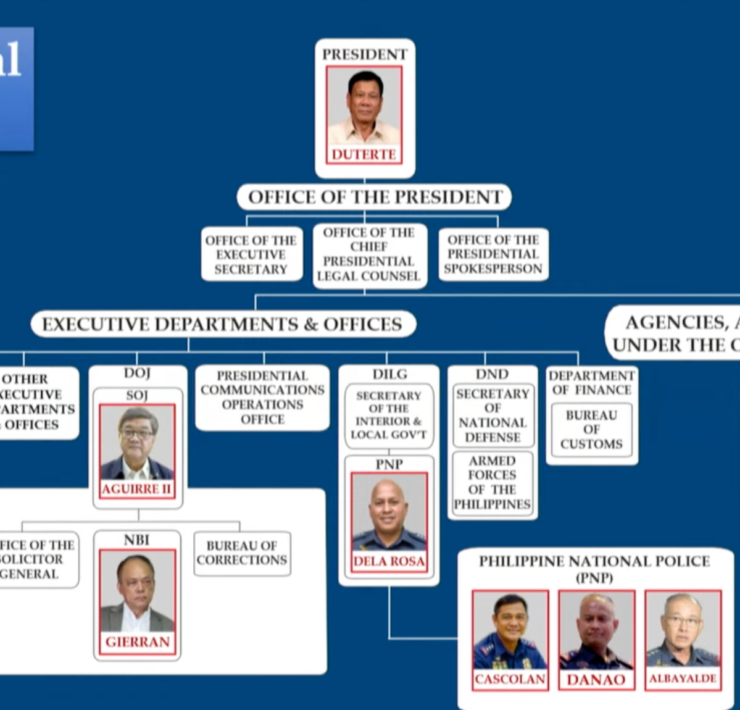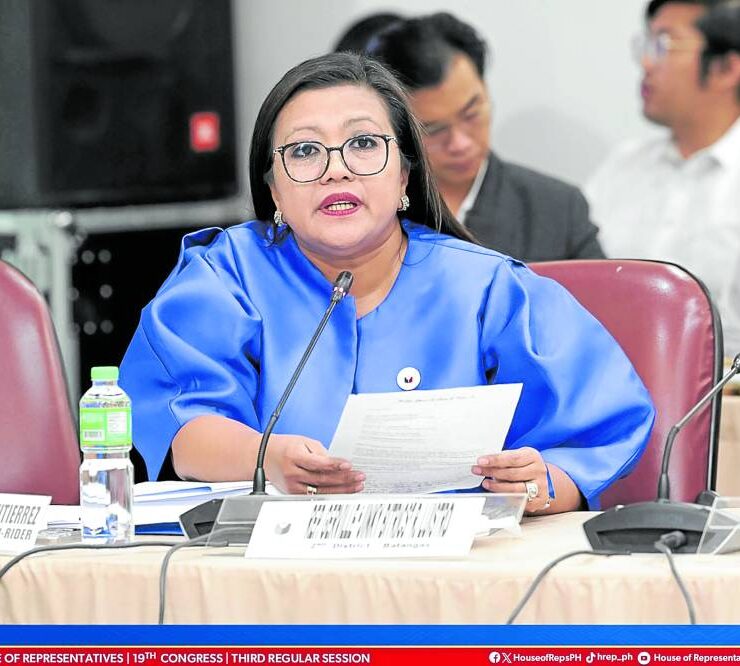12 ‘onion cartel’ members bared, face P2.4-B fines

The Enforcement Office of the Philippine Competition Commission (PCC) on Thursday said it had filed charges and recommended penalties totaling P2.42 billion against 12 onion traders and importers for allegedly acting as a cartel since 2019.
Based on a July 9 “statement of objections” filed by the office for the PCC commissioners’ decision, the traders were accused of violating the anticartel provision of the Philippine Competition Act (PCA).
Once approved, it will be the biggest amount of fines in the antitrust body’s history.
The respondents include Philippine Vieva Group of Companies Inc., Tian Long Corp., La Reina Fresh Vegetables and Young Indoor Plants Inc., Yom Trading Corp., Vegetable Importers, Exporters and Vendors Association of the Philippines, and Golden Shine International Freight Forwarders Corp.
The individual respondents are Vieva vice president and Golden Shine president Lilia Cruz; Vieva board member, Golden Shine corporate executive officer and Tian Long corporate secretary Eric Pabilona; Vieva board member, La Reina president and Yom Trading chair and president Renato Francisco Jr.
Also among those charged are Vieva board member and Golden Shine incorporator Letty Baculando, as well as Vegefru Producing Store proprietor Mark Castro Ocampo and Rosal Fruit and Vegetable Trading owner Nancy Callanta Rosal.
Collusion
The enforcement unit said these firms and individuals, collectively referred to in previous congressional hearings as the “onion cartel,” allocated the supply of imported onions by assigning among themselves the Sanitary and Phytosanitary Import Clearances (SPSICs) issued by the Department of Agriculture (DA) in violation of the anticompetition law.
An SPSIC is an import requirement by the government to ensure that agricultural products follow existing standards to protect the health of humans, plants and animals, as well as prevent the spread of diseases or pests.
The PCC said the importers and traders also divided among themselves the volume of onions allowed to be imported.
“So, by agreeing to allocate SPSICs and divide among themselves the actual volume of imports, respondents effectively controlled more than 50 percent of the volume of onions imported into the Philippines,” said lawyer Christian Loren de los Santos, the director of the PCC’s enforcement office.
“This agreement leads to lower supply, higher prices, poorer quality and less innovation, which harm consumers, businesses and the economy in general,” he said.

Info exchange
De los Santos also noted that these companies and individuals colluded to lessen competition by exchanging sensitive business information, such as price, suppliers, customers, volume, shipping, distribution and storage.
“With this scheme, respondents avoided competing with each other. They did not independently decide their policies, but have substituted the risk of competition with cooperation,” the PCC official said.
He said the pieces of evidence were collected during a raid back in September 2023, where the PCC collected “voluminous documents,” records, and electronic data related to the companies’ trading activities.
The respondents were found to have imported 28,916 metric tons of red onions and 47,639 MT of yellow onions from 2020 to 2021.
Under the PCA, businesses found to have taken advantage of the situation may be fined up to P100 million, and even face jail time of up to seven years.
The fines may even be tripled if trade of basic necessities, including agricultural products identified by the Price Act, are involved in cartel or abuse of dominance violations.
Agriculture Secretary Francisco Tiu Laurel Jr. welcomed the filing of the charges, adding that they will explore the possibility of blacklisting the companies and individuals involved and potentially withdrawing the accreditation of cold storage facilities whose owners were complicit in the scheme.
Economic sabotage
“We can’t allow a few individuals, driven by an insatiable lust for money, to exploit our farmers and consumers or, worse, sabotage our economy,” Laurel said.
“I’m happy with the decision of PCC. It should be a sign to all smugglers and unscrupulous traders that we will go after all of them,” he added.
In November 2022, the PCC started investigating the high prices of onion for possible cartel or abuse of dominance conduct, prompted by the congressional inquiry through House Resolution No. 681 filed by Marikina Rep. Stella Quimbo.
The PCC launched its market assessment after onion retail prices rose to an unusually high range, peaking at more than P700 a kilo in 2022.
As prices were expected to stabilize due to the imports approved by the government and the suggested retail price set by the Department of Trade and Industry, the PCC looked into the cause of the market anomaly in coordination with the DA and other law enforcement agencies. INQ
We can’t allow a few individuals, driven by an insatiable lust for money, to exploit our farmers and consumers or, worse, sabotage our economy





















